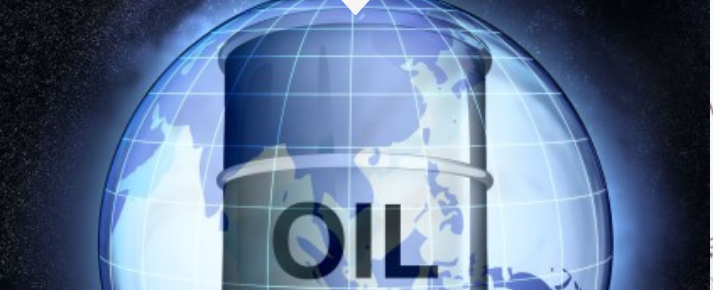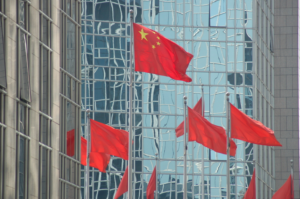I en ny artikel skriver Bloomberg, at i årevis er forvaltere af store fonde, der udråber deres formodede fokus på miljø, sociale spørgsmål og corporate governance, blevet beskyldt for at eje aktier fra leverandører af fossile brændstoffer (inklusive Exxon Mobil Corp. og Chevron Corp.), våbenproducenter (som Raytheon Technologies) Corp.) og mineselskaber (såsom Newmont Corp.).
Faktisk har den største ESG-fokuserede børshandlede fond – iShares ESG Aware MSCI USA ETF (ESGU) – næsten 3,1 pct. af sine aktiver investeret i olie- og gassektoren, den industri, der er mest ansvarlig for den accelererende ødelæggelse af planetens atmosfære.
Kritikken af ESG-industriens mere og mere frække profil er kun blevet kraftigere, siden Vladimir Putin indledte sin krig mod Ukraine for næsten tre uger siden og dræbte tusinder indtil videre. Siden da kom det frem, at såkaldte ESG-fonde havde mindst 8,3 milliarder dollar allokeret til russiske statsobligationer og virksomheder.
Selvom tallet er lille sammenlignet med de omkring 2,7 billioner dollars, der er afsat til ESG-relaterede fonde, har afsløringen sat turbo i skepsis over for fordelene ved ESG-investeringer.
Putins angreb fik endda Ukraines tidligere finansminister, Natalie Jaresko, til at kritisere ESG. Hun skrev i en klumme til Financial Times den 3. marts, at Kremls krig rejser spørgsmål for virksomheder, der “vociferously professed the virtues of environmental, social and governance factors.” Efter hendes læsning er fænomenet greenwashing nu omdannet til “ESG-washing.”
“All too frequently, corporations and their executives engage in marketing or obfuscation of what they’re actually doing—what could more accurately be called ‘ESG-washing,’” Jaresko wrote. “Will this prove to be another case of looking the other way?” She called on companies to end their ties to Putin’s regime.
Hertil skriver Bloomberg:
So where does that leave ESG? It’s not clear that all this skepticism is having any impact as money keeps pouring into the sector. Last week, ESG-focused ETFs attracted $1.8 billion, the most since early February, even as the S&P 500 index dropped about 3%.
Proponents of ESG say that skeptics don’t understand how ESG is used in the investing process. It’s not about doing good with your money, per se: They contend it’s essentially a tool to help measure a company’s resilience to financially material ESG-related risks. MSCI Inc., the leading provider of ESG scores, says on its website that the ratings aren’t “a general measure of corporate ‘goodness.’”
- ESG investors hold $13.4 billion in military suppliers to Myanmar, where at least 1,500 civilians were shot dead by the ruling junta.
- Vanguard, Northern Trust ESG funds actually grew their stakes in Russia as the Kremlin war on Ukraine approached.
- Wall Street banks start to unwind decades of links to Russia as Putin’s war accelerates.
- Calpers faces a conundrum as it decides whether to dump its bets on Russia.
- China technology stocks tumble after an historic rout, with concerns about the nation’s ties to Russia and persistent regulatory pressure.
Læs hele artiklen her: https://www.bloomberg.com/news/articles/2022-03-16/greenwashing-is-increasingly-making-esg-investing-moot-green-insight?srnd=green-finance











